Exploratory research on accessibility of health services in Mozambique
Title Health without Barriers. Prevention and control of non-communicable diseases in Mozambique
Location Cabo Delgado and Manica Provinces (Mozambique)
Duration 3 years
Lead partner AIFO
Partners E-35 Fondazione per la Progettazione Internazionale, Fondazione Aurora, Forum of Mozambican Associations of People with Disabilities, Provincial Health Directorate of Cabo Delgado, Provincial Health Directorate of Manica.
Funding AICS – Italian Agency for Development Cooperation
Context
The morbidity and mortality burden of Non-Communicable Diseases (NCDs) is growing exponentially in Mozambique. Available data from WHO show that almost 80% of NCD deaths occur in low- and middle-income countries, where these diseases disproportionately affect the poorest and most vulnerable groups, including people with disabilities. The project ‘Health without Barriers’ aims to enhance the accessibility of health services, ensure access to quality health care and promote the utilisation of services for the prevention and treatment of NCDs (including hypertension, diabetes mellitus, cervical cancer) for the population in 5 Mozambican districts, with a special focus on people with disabilities.
The project objective is in line with Agenda 2030, and the planned activities take into account the main needs that prevent adequate control of NCDs in Mozambique, including: difficulties of access to health centres by the population and in particular people with disabilities (physical, economic and socio-cultural barriers); the lack of qualified health personnel and resources for early diagnosis, treatment and surveillance; lack of information among the population on preventive behaviours to be adopted (tendency to increase the adoption of risky behaviours in younger age groups); lack of means/equipment for early diagnosis, treatment and surveillance. The project therefore aims to work on these priority needs, collaborating with the Mozambican Ministry of Health.
General objective
The Inclusive Development Unit, carried out a fact-finding survey on the accessibility of health services for NCD within communities. A baseline and endline research examining the level of accessibility of these services and estimating the contribution of project activities to improving opportunities for access to NCD services will inform partners of the project.
Our contribution
In cooperation with AIFO, the Inclusive Development Unit designed the research protocol, which was submitted to and approved by the National Bioethics Committee in Mozambique.
The target group of the research includes the direct beneficiaries of the project who reside in the districts served by the five involved health centres. The survey adopts mixed methods by including questionnaires to a sample of people with NCDs and Structured Focus Group Discussions (SFGD) with representatives of the local community and Organisations of People with Disabilities. 10 local researchers were remotely trained on the research design and the use of quantitative and qualitative data collection methodologies. We supervised the remote data collection work during the baseline; we are currently carrying out the data analysis and writing the first research report.
The Inclusive Development Unit will also be involved at the end of the project for the endline data collection, aimed at verifying how the project activities contributed to the overall improving of the accessibility of health services for NCDs.
Read more on our Inclusive Development Unit
Related Projects
-

Betting on the Future: Youth and Territory in the Empolese Valdelsa Municipalities
-

Capacity Building European Facility for the Readmission of Migrants – EURCAP, Final Evaluation
-

Final evaluation and SROI analysis of the project to train health personnel at the Salam Centre in Khartoum
-

Action-research to foster the employment inclusion of persons with disabilities in Tunisia
-

What Women Want: women’s empowerment and aspirations in MENA countries.
-

Exploratory research on accessibility of health services in Mozambique
-

Action-Research to foster labour accessibility for young people with disabilities in Kenya
-
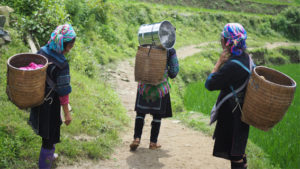
Evaluation of the project that aims to improve the health of the most vulnerable in Myanmar
-
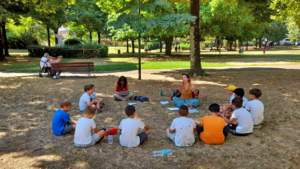
Action-Research for the Global Boyhood Initiative on stereotypes, gender roles and bullying
-
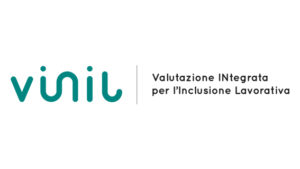
VINIL – employability assessment for persons with disabilities
-

Food Wave, Monitoring the project that promotes sustainable food consumption among young Europeans
-
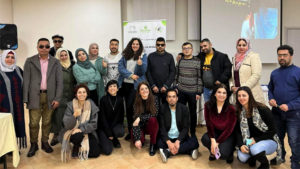
Nothing About Us Without Us: Emancipatory Research and Strategic Plan on disability in Palestine
-

Monitoring and evaluation of the participatory processes of Cantieri della Salute in Tuscany
-

Market analysis to foster employment of young people in Mali
-
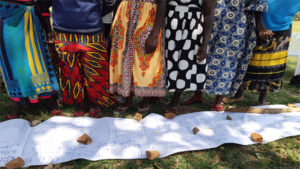
Action – Research to foster community health insurance for women in Sédhiou, Senegal
-
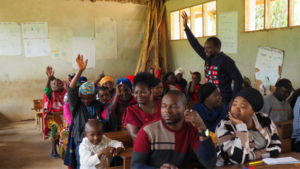
No One Left Behind: an Emancipatory Research for young people with disabilities in Tanzania
-

Social Board a model to contrast social exclusion, the case of Prato
-
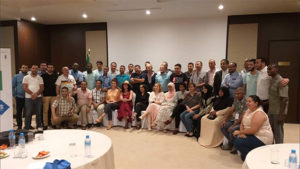
CapDeL: Incubation process for associative projects in Algeria
-

CapDeL: la ricerca al servizio dello sviluppo locale sostenibile in Algeria
-

Evaluation of the SPRAR projects managed by ARCI Toscana
-

Need assessment to foster social inclusion in Tuscany
-
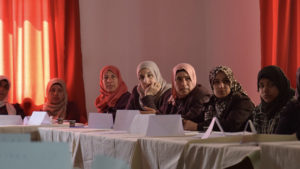
Promoting inclusive business and social entrepreneurship in Palestine
-

Final Evaluation of CBR Programme on disability and rights of persons with disabilities in Mongolia
-
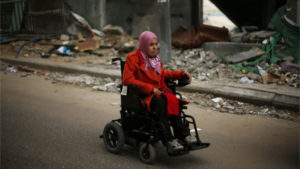
Emancipatory Research as a participatory approach to foster inclusion of women with disabilities in Palestine
-
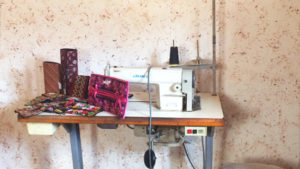
Research and consultancy for the inclusion of women with disabilities in the Gaza Strip
-
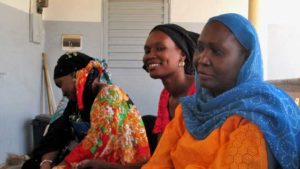
Action-Research for gender mainstreaming development in Senegal